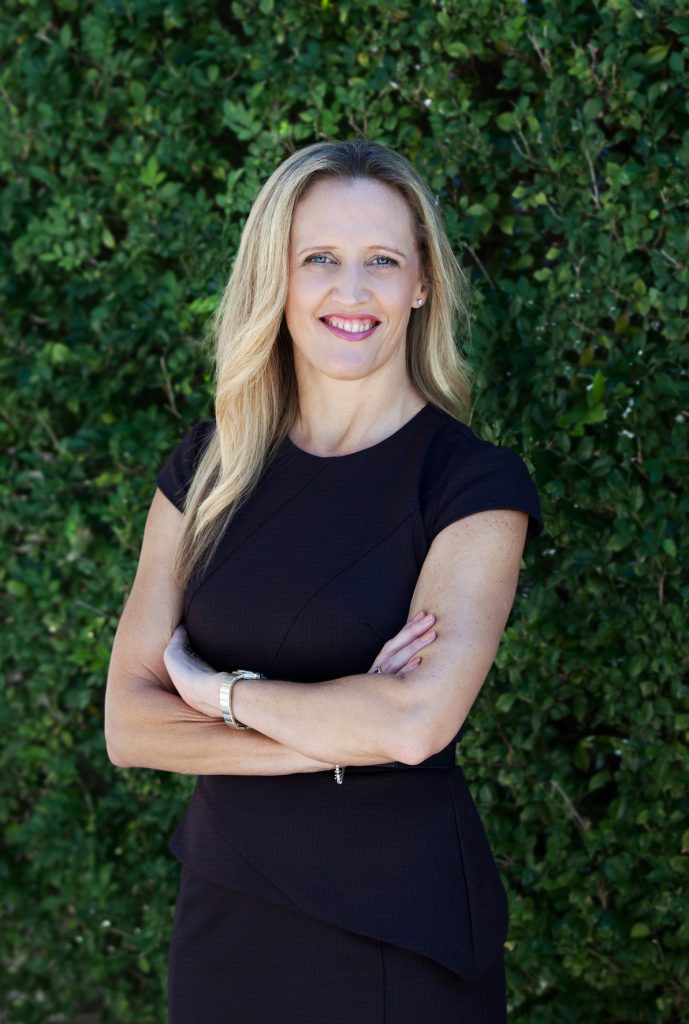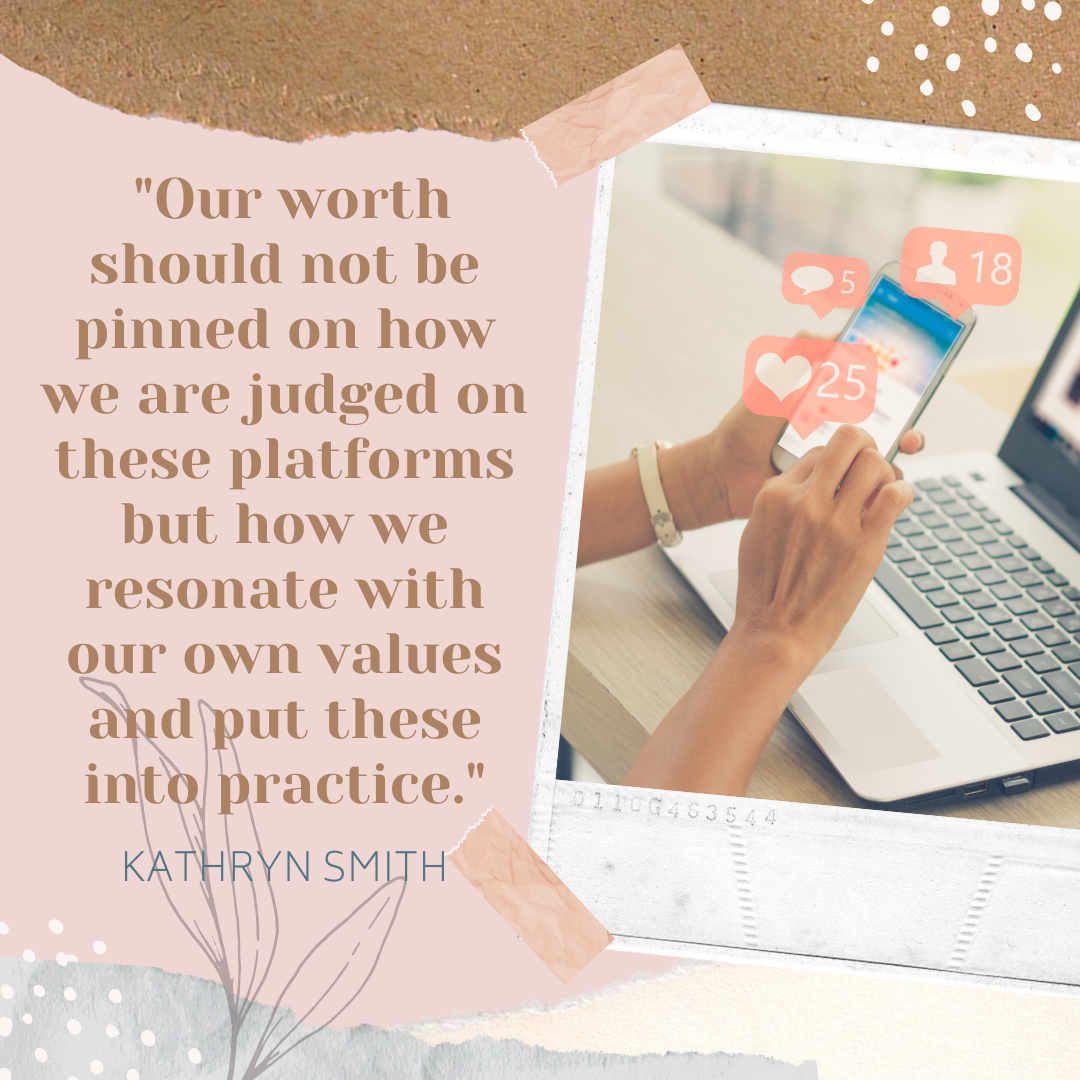 Kathryn Smith, Clinical Psychologist
Kathryn Smith, Clinical Psychologist
In pre-Covid days, I attended an interstate conference. One of the keynote speakers, Dr Scott Kellog, said in his workshop presentation; “If you are involved in social media you are involved with social shaming.” This statement has always stuck in my mind.
We are living in a society now that speaks frequently of compassion and encourages others to be authentically themselves free of shame. But, browsing through my Facebook page I see a post that whilst it takes a compassionate stance it also shames. It asks for people to be compassionate but apparently this can only be achieved if you repost the message and reply ‘done’.
Time and time again, we are bombarded with messages about worthy causes that ask us to pass these on if we truly care and if we are truly a friend. We are reminded, if we don’t read the whole message, that we are fundamentally not supporting this cause or don’t care about it and the worthiness of our friendship questioned.
So what is shame….
Shame is defined by the Webster dictionary as a painful emotion caused by consciousness of guilt, shortcoming, or impropriety. Other definitions separate out shame and guilt and will argue they are different emotions. Shame is defined as predominately an internalised emotion, for example, “I am bad because I did this,” whereas guilt is more externalised; “I have caused others to suffer because of my actions.” Some researchers will argue that shame is useful in that it can drive us to change but often this is associated with an internal conflict of values and actions. In other words, it is personally driven. Whereas when change is motivated by others shaming, evidence suggests it does not become an impetus to change. Those that are sensitive to the finger pointing shame have also been shown to experience higher levels of anxiety and depression.
Personally, I don’t respond to these requests from friends on social media. Often, I do care about the cause and one recent request was something I had actually just done in real life before that post (and I didn’t post about that either!). I don’t want to respond and make others feel that are not worthy of my friendship if they don’t pass on and respond. I believe what counts is to be your true authentic self. We can act and behave in a compassionate way without sharing it with social media and still be a worthwhile person. Our worth should not be pinned on how we are judged on these platforms but how we resonate with our own values and put these into practice and do what counts.
For those of you that feel pressured to respond, remember you don’t have to and you are enough. For those of you that are asking people to respond, you are welcome to do so but please be considerate of people’s susceptibility to eternal shame and the fragility or worthiness. Value those who won’t respond too.
